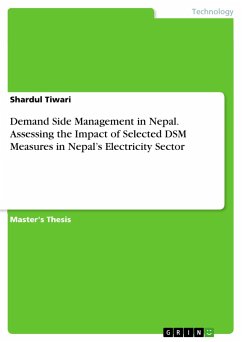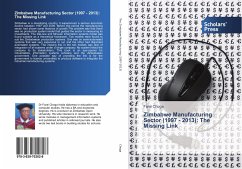
Economic Impact of War on the Agricultural Sector
The case of July 2006 war on Lebanon
Versandkostenfrei!
Versandfertig in 6-10 Tagen
32,99 €
inkl. MwSt.

PAYBACK Punkte
16 °P sammeln!
The Israeli attack in summer 2006 resulted in widespread destruction and a decline in economic performance caused by the significant damage to Lebanon''s productive sectors. Hostilities had hit the cultivated fields and farms and hindered the accessibility to most due to the presence of unexploded ordinances. This book investigates and assesses the impact of the July 2006 war on the agricultural sector, the main source of income for about 30 - 40 percent of the population of Lebanon. The aim of the study was to develop a methodology to estimate the total direct and indirect costs of the war on...
The Israeli attack in summer 2006 resulted in
widespread destruction and a decline in economic
performance caused by the significant damage to
Lebanon''s productive sectors. Hostilities had hit
the cultivated fields and farms and hindered the
accessibility to most due to
the presence of unexploded ordinances.
This book investigates and assesses the impact of
the July 2006 war on the agricultural sector, the
main source of income for about 30 - 40 percent of
the population of Lebanon. The aim of the study
was to develop a methodology to estimate
the total direct and indirect costs of the war on
agricultural productivity in contrast to previous
studies which have only focused on direct costs.
This book introduces a methodology which helps
determine indirect costs versus direct losses and
shows that the former outweighs the latter
significantly. It is of use to decision
makers and economists in post war analysis of
damages and losses to agricultural sectors
worldwide.
widespread destruction and a decline in economic
performance caused by the significant damage to
Lebanon''s productive sectors. Hostilities had hit
the cultivated fields and farms and hindered the
accessibility to most due to
the presence of unexploded ordinances.
This book investigates and assesses the impact of
the July 2006 war on the agricultural sector, the
main source of income for about 30 - 40 percent of
the population of Lebanon. The aim of the study
was to develop a methodology to estimate
the total direct and indirect costs of the war on
agricultural productivity in contrast to previous
studies which have only focused on direct costs.
This book introduces a methodology which helps
determine indirect costs versus direct losses and
shows that the former outweighs the latter
significantly. It is of use to decision
makers and economists in post war analysis of
damages and losses to agricultural sectors
worldwide.












